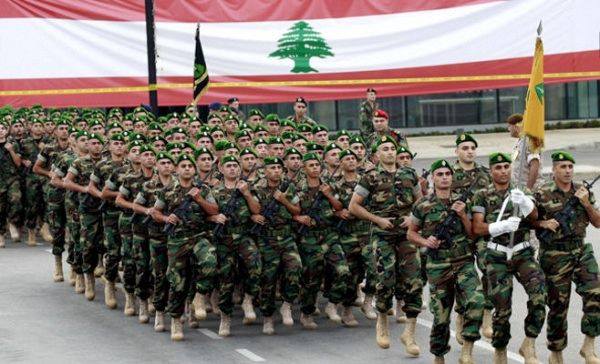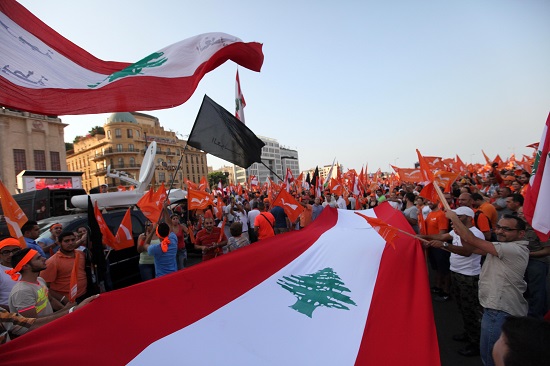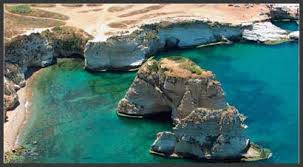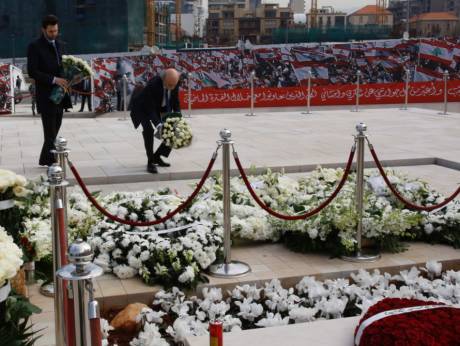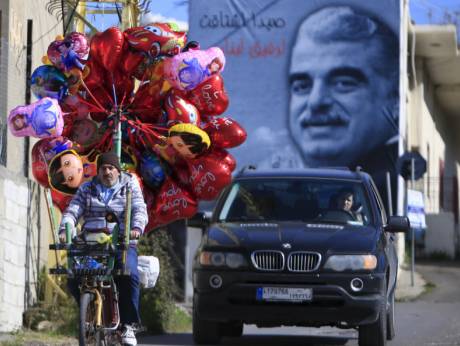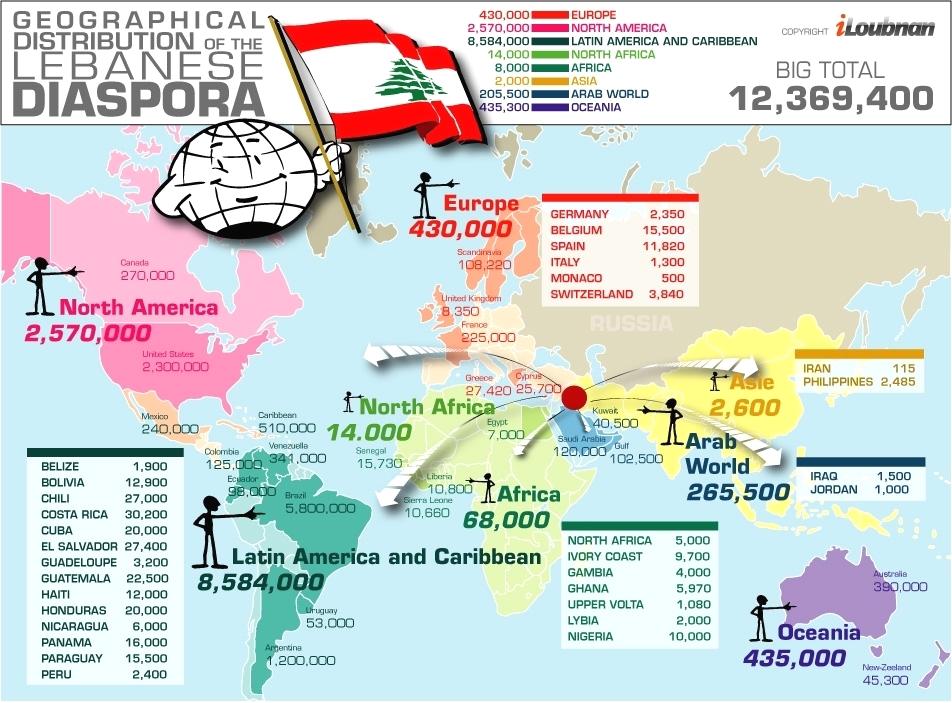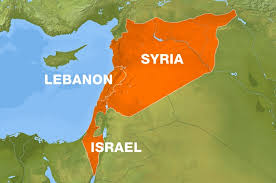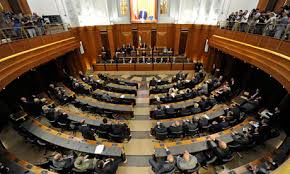
Joseph A. Kechichian, Senior Writer
Beirut: “The state has failed in handling the garbage management file which had turned into a Mexican soap opera and a national and health disaster burdening the Lebanese,” Phalange Party leader Sami Gemayel declared after yet another national dialogue session that brought under the same roof political elites that loathed each other, visible for one and all to see on a more or less regular basis.
The 15th dialogue session, which included the Marada Movement leader Sulaiman Franjieh — who stepped out early to visit former Prime Minister Saad Hariri — but not Progressive Socialist Party’s Walid Jumblatt nor the Free Patriotic Movement’s Michel Aoun — was devoted to the garbage crisis that lingered since July 17, 2015 when the Naameh landfill was closed. Many Lebanese wondered where else would leaders hold “national dialogues” to discuss garbage.
